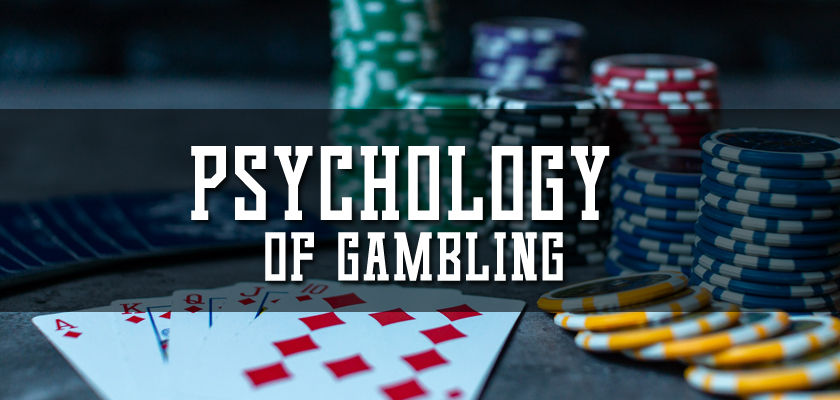Gambling is a popular source of entertainment in the United Kingdom, but it can also be addictive for certain people. Why do people bet when the odds are constantly in their favour? Cambridge scientists are using advances in brain imaging technology to find out.
For many years and across many cultures, gambling has been a popular source of entertainment. With recent modifications in gambling legislation in the United Kingdom, its popularity appears to be on the rise. New casinos, including a massive super casino are being built, and novel types of gambling, including as internet gambling and electronic gaming machines, are thriving. Some say that these adjustments are beneficial because gambling is a recreational activity that about 70% of the British public engages in at least once a year, and the gambling business is a valuable source of taxation money.
But all of this comes at a price. for a small percentage of people, gambling becomes an addiction. This addiction is a recognised psychiatric disorder that affects about 1% of the population. These rates are higher in neighbourhoods near gaming establishments, and doctors are afraid that the easing of British legislation may lead to a rise in the incidence of problem gambling in the coming years.
Here are five fascinating gaming phenomena to consider.
1. A good mood leads to increased gambling
A recent study discovered a link between positive mood factors (number of sunny days; performance of local sports teams) and higher gambling. The explanation was that a good mood encourages people to take more risks.
2. Gambler’s fallacy
When seven black numbers appear in a row on the roulette wheel, a roulette player bets all of his money on red. The gambler’s fallacy is a well-known phenomenon in which people believe that if something happens frequently, something else will happen next. In fact, the chances of any given occurrence taking place are always the same.
3. Changing expectations regarding winning
Racetrack bettors were asked to predict the probability that their favourite horse will win before and after betting on the horse in a creative study. Gamblers tended to feel that after putting their bets, their horse had a better probability of winning than before. They became more hopeful as their devotion grew.
4. The bandwagon effect
When lottery prizes hit record heights and receive a lot of media attention, individuals rush to buy tickets because they don’t want to miss out. Even people who have never played the lottery before will “jump on the bandwagon” and buy some tickets during these periods.
5. Gambling systems and superstitions.
Gambling is, by definition, a chance occurrence. Many gamblers, on the other hand, are convinced that they can design a technique to succeed at gambling. This includes attempting to predict patterns in random numbers (there are none), selecting “hot” slot machines and avoiding “cold” ones (e.g., continuing to play a machine because it is “hot;” playing a machine that hasn’t paid off in a long time, thinking it’s “due”), or engaging in some ritualistic behaviour to keep winning.
The psychology of gambling is a vast topic that would be impossible to address in any depth in a single blog post. The best I could aspire for is to present an overview of some of the psychological aspects of gambling.
Were there any better instances of gambling psychology that I could have included in this post? If that’s the case, please leave a comment and tell me what you think!


Comments